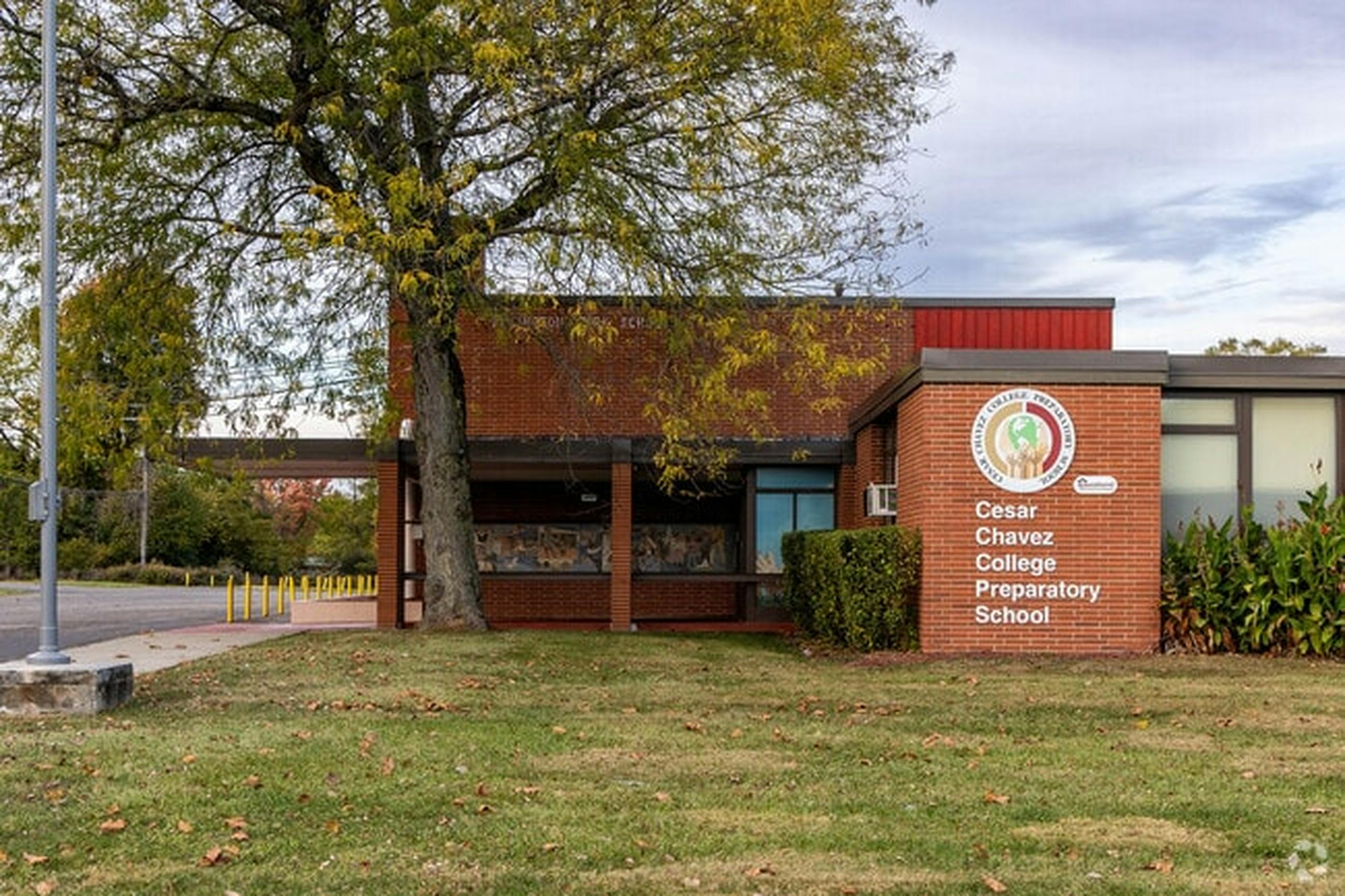The Child and Adult Care Food Program (CACFP) provides funding to help child care centers serve healthy meals and snacks. In New York, this program supports more than 11,000 licensed facilities statewide, reaching over 198,000 participants—reflecting the state’s commitment to public health.
Administered by the New York State Department of Health and funded by the USDA, CACFP assists centers through reimbursement and nutrition education. This guide will walk you through the steps to apply your child care center in CACFP in New York.
Eligibility requirements
To be eligible for CACFP in New York, your child care center must be:
- Licensed or approved by a federal, state, or local authority
- Be a public or non-profit organization; for-profit if at least 25% of enrollees are eligible for free or reduced-price meals or receive tuition subsidies
- Must be non-residential
- Must submit income eligibility forms
Child care centers, afterschool programs, and home-based day care providers can apply for CACFP any time of the year. To know if your child care center is eligible, use the CACFP Day Care Program Eligibility Tool.

How to apply for CACFP in New York for child care centers
1. Confirm eligibility
As we mentioned above, you must first confirm your child care program’s eligibility using the NYSDOH’s CACFP pre screening tool. Alternatively, you can also email them at cacfp@health.ny.gov (subject: “Outreach Coordinator”) for assistance.
2. Complete the survey and begin the registration process
After confirming your eligibility, complete the required survey to begin the registration process for becoming a CACFP participant.
Once submitted, the NYSDOH will contact you within one business day to proceed with the application process and guide you through the next steps.
3. Attend the mandatory training
All child care programs must complete USDA-required training to ensure compliance with CACFP standards. The NYSDOH provides training opportunities on key topics, including:
- Record keeping for child day care centers
- Meal patterns
- Food production records
- Feeding infants
- Purchasing meals and snacks from a food service vendor
Training is available online and in-person, equipping child care centers with the knowledge to operate successfully under the program. These sessions help ensure compliance with meal service, recordkeeping, and financial management.
Recordkeeping and documentation
Accurate recordkeeping is essential for CACFP participation. Keep detailed records of the following:
- Daily attendance and meal counts: Track attendance and meals served daily.
- Menus and production records: Ensure meals meet CACFP guidelines.
- Income eligibility forms: Update annually for each participant to determine meal reimbursement rates.
- Financial record: Maintain receipts and invoices for auditing purposes.
These documents support monthly claims, compliance with audits, and annual renewal requirements.

Reimbursement process
Reimbursement claims must be submitted monthly and received within 60 days of the claim month, following the claim submission schedule. Late claims are not eligible for reimbursement.
CACFP reimburses meals and snacks based on USDA meal pattern guidelines and household income levels. Your child care center can claim reimbursement for:
- Meals: Breakfast, lunch, and supper
- Snacks: Morning, afternoon, or evening
Participants can claim up to two meals and one snack—or two snacks and one meal—per day. To qualify, meals must meet specific serving sizes and include specific food components such as fluid milk, fruits, vegetables, grains, bread, and proteins.
Annual participation renewal and training
To remain in the program, child care centers must renew their application annually. Renewal requirements include:
- Updated documents: Resubmit eligibility forms and update required records.
- Ongoing training: Participate in annual training to stay informed about updated guidelines, including food safety, meal planning, recordkeeping, and civil rights.
These requirements ensure that your child care center continues to comply with USDA regulations and allow it to receive CACFP benefits.
Ready to apply?
Take the first step toward enhancing your child care program with CACFP. Contact the New York State Department of Health for guidance:
Address: Child and Adult Care Food Program (CACFP), 150 Broadway, Suite 600, Albany, NY 12204-2719
Phone: 1-800-942-3858 or (518) 402-7400
Email: cacfp@health.ny.gov
Meet CACFP Meal Standards with Ordo
Managing CACFP compliance can be simple and easy with Ordo as your food service partner. We provide fresh and balanced meals that cater to CACFP standards, so you can focus on caring for children while we handle the rest.
Ordo has become America's fastest-growing school food program, providing fresh meals made from scratch every day in our kitchens. Our chefs focus on cooking homestyle food that’s both nutritious and what students love. Healthy meals result in better student outcomes, and administrators who invest in their nutrition programs invest in their schools.
Students and parents can place their orders through their ordering app and choose from seasonal menus with 4 to 6 options daily, like Tex Mex Crunch Salad with Creamy Lime Dressing or Chicken Bacon Wrap with Pretzels, Carrots & Ranch.
Our online platform automates compliance paperwork for reimbursable meals, tracks essential metrics like daily participation rate, and handles all payment and order processing. Ordo offers both vended meal service, where we deliver the food every day, and onsite food service management, where our chefs prepare food on campus. We have served all types of schools, from preschools and daycare centers to private and public schools. We’ve worked with some of the top brands in early education and child care, including Guidepost Montessori, Bright Horizons, Primrose, and more.
If you’re interested in providing fresh, healthy food for your school, you can reach out to the school partnerships team here.




